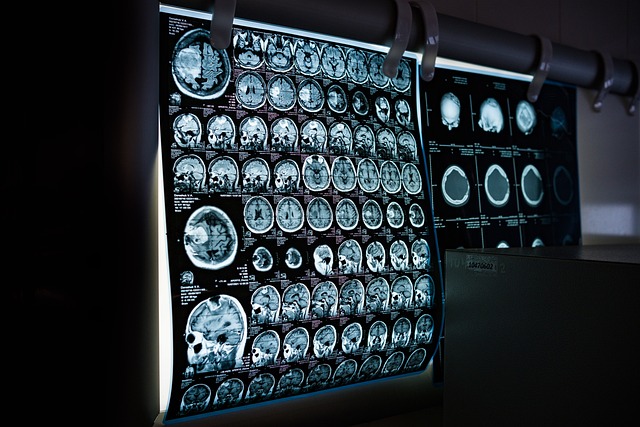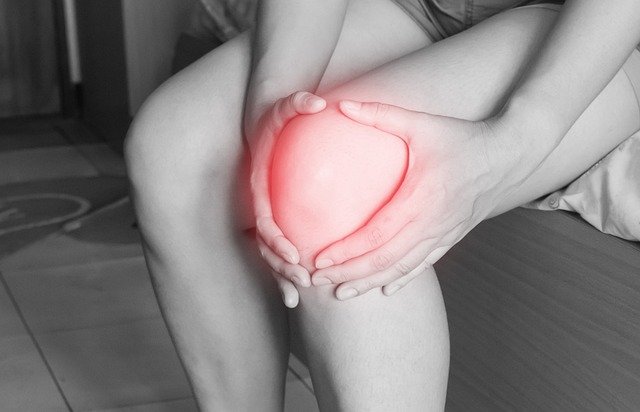Hypoparathyroidism Disease Symptoms in Women
Hypoparathyroidism is a rare endocrine disorder that affects calcium and phosphorus balance in the body due to low levels of parathyroid hormone (PTH). In women, its symptoms can often be subtle or mistaken for other health issues, leading to delayed diagnosis. Early signs may include muscle cramps, tingling sensations, or fatigue, which may be more pronounced during hormonal shifts such as pregnancy or menopause. Understanding how this condition presents specifically in women is crucial for timely medical support and better quality of life.

What are the common early symptoms to recognize?
Recognizing the early symptoms of hypoparathyroidism in women is essential for prompt diagnosis and treatment. Some of the most common initial signs include:
-
Muscle cramps or spasms, particularly in the hands, feet, and face
-
Tingling or burning sensations in the fingers, toes, and lips (paresthesia)
-
Fatigue and weakness
-
Dry, coarse skin
-
Brittle nails
-
Patchy hair loss
-
Anxiety or irritability
-
Mood swings
These symptoms can be subtle and may develop gradually over time. Women should be particularly attentive to these signs, especially if they have a history of thyroid surgery or autoimmune disorders that can increase the risk of hypoparathyroidism.
How do hormonal changes influence symptoms?
Hormonal fluctuations throughout a woman’s life can significantly impact the presentation and severity of hypoparathyroidism symptoms. Key periods of hormonal change include:
-
Menstrual cycle: Some women may notice a worsening of symptoms during certain phases of their menstrual cycle.
-
Pregnancy: The increased calcium demands during pregnancy can exacerbate hypoparathyroidism symptoms. Pregnant women with this condition require close monitoring to ensure proper calcium levels for both mother and fetus.
-
Menopause: The decline in estrogen levels during menopause can affect calcium metabolism, potentially intensifying hypoparathyroidism symptoms.
-
Thyroid hormone replacement: Women who have undergone thyroid surgery and are on thyroid hormone replacement therapy may experience fluctuations in calcium levels, impacting hypoparathyroidism symptoms.
Understanding these hormonal influences is crucial for managing the condition effectively and adjusting treatment as needed throughout different life stages.
What are the long-term effects on bone and muscle health?
Untreated or poorly managed hypoparathyroidism can have significant long-term consequences on bone and muscle health in women. These effects may include:
-
Osteoporosis: Chronic calcium deficiency can lead to decreased bone density and increased risk of fractures.
-
Muscle weakness: Persistent low calcium levels can result in muscle weakness and atrophy over time.
-
Joint pain and stiffness: Calcium imbalances may contribute to joint discomfort and reduced mobility.
-
Dental problems: Inadequate calcium can affect tooth enamel and increase the risk of dental issues.
-
Kidney stones: The altered calcium-phosphorus balance in hypoparathyroidism can lead to an increased risk of kidney stone formation.
Regular monitoring of calcium levels, bone density scans, and appropriate supplementation are essential for mitigating these long-term health risks in women with hypoparathyroidism.
What are the emotional and cognitive impacts?
Hypoparathyroidism can have significant emotional and cognitive effects on women, which may be overlooked or misattributed to other causes. These impacts can include:
-
Anxiety and depression: Hormonal imbalances and chronic symptoms can contribute to mood disorders.
-
Memory problems: Some women report difficulties with short-term memory and concentration.
-
Brain fog: A sense of mental confusion or lack of clarity is commonly reported.
-
Irritability: Fluctuations in calcium levels can lead to increased irritability and mood swings.
-
Sleep disturbances: Muscle cramps and anxiety may interfere with sleep quality, further impacting cognitive function.
-
Reduced quality of life: The chronic nature of symptoms can affect overall well-being and daily functioning.
Addressing these emotional and cognitive aspects is crucial for comprehensive care. Women with hypoparathyroidism may benefit from psychological support and cognitive strategies alongside medical treatment.
When should women seek medical advice?
Women should seek medical advice if they experience persistent or worsening symptoms associated with hypoparathyroidism, especially:
-
Frequent muscle cramps or spasms that interfere with daily activities
-
Tingling sensations in the extremities that don’t resolve
-
Unexplained fatigue or weakness
-
Changes in mood, memory, or cognitive function
-
Dental problems or increased tooth sensitivity
-
Symptoms of tetany (severe muscle spasms) or seizures, which require immediate medical attention
Additionally, women with a history of thyroid surgery, neck radiation, or autoimmune disorders should be particularly vigilant about these symptoms and discuss them with their healthcare provider. Regular check-ups and calcium level monitoring are essential for those diagnosed with hypoparathyroidism or at risk for the condition.
Early diagnosis and proper management of hypoparathyroidism in women can significantly improve quality of life and prevent long-term complications. By recognizing the unique ways this condition manifests in women and understanding the interplay with hormonal changes, healthcare providers can offer more targeted and effective care. Women should feel empowered to discuss their symptoms and concerns with their doctors, ensuring comprehensive care that addresses both the physical and emotional aspects of living with hypoparathyroidism.
This article is for informational purposes only and should not be considered medical advice. Please consult a qualified healthcare professional for personalized guidance and treatment.




